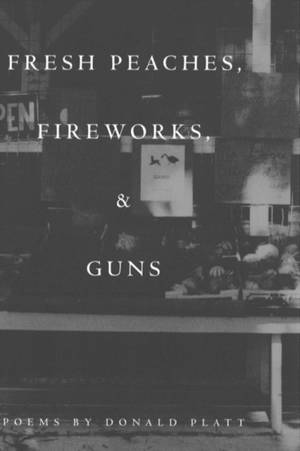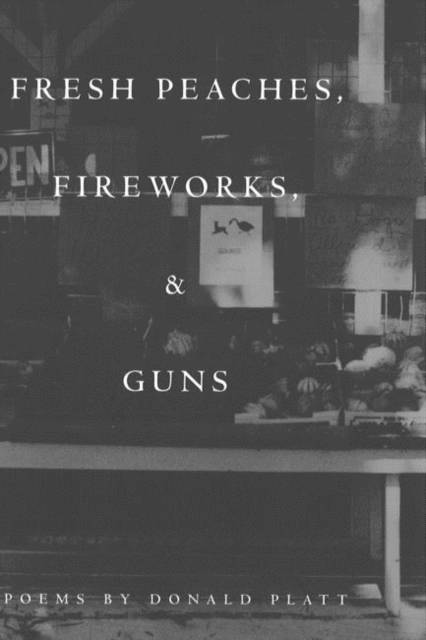
- Afhalen na 1 uur in een winkel met voorraad
- Gratis thuislevering in België vanaf € 30
- Ruim aanbod met 7 miljoen producten
- Afhalen na 1 uur in een winkel met voorraad
- Gratis thuislevering in België vanaf € 30
- Ruim aanbod met 7 miljoen producten
Zoeken
Omschrijving
"Language, not / geography / is where we live," says the insomniac poet at 4:00 A.M., flipping through all the different stations - grand opera, pop, and punk rock - on his radio. In the listening area that is this first collection of poems, Donald Platt tunes in the dissonances of his own and others' lives. Whatever their occasions, stopping at a roadside fruit stand in Georgia, a retarded brother learning to speak, childhood on a midwestern farm, a grandmother's quilts, thumbing through the Gideon Bible in a cheap motel, the long algebraic equation of springtime in Virginia, these poems possess - as Mark Rudman has observed - an enviable roughness of language, which captures the abrasiveness of the world as it impinges and presses down on consciousness." Using liturgical echoes and rhythm shoplifted wholesale from his upbringing as a preacher's son, the poet mixes the visionary and the vulgar to create poems in which Mozart and billboards, Emily Dickinson and fake Rococo cuckoo clocks, the nature of God and rush-hour traffic on I-95, all coincide. Even while bearing witness to the chronic sorrows of the world, the poet finds rapture. He imagines how his unborn child will "come kicking / into the blinding / searching of sunlight, to add its own wails to the sum / of all the other / cries, which are the only praise there is." This book is half cry, half psalm.
Specificaties
Betrokkenen
- Auteur(s):
- Uitgeverij:
Inhoud
- Aantal bladzijden:
- 86
- Taal:
- Engels
Eigenschappen
- Productcode (EAN):
- 9781557530486
- Verschijningsdatum:
- 1/06/1994
- Uitvoering:
- Paperback
- Formaat:
- Trade paperback (VS)
- Afmetingen:
- 216 mm x 166 mm
- Gewicht:
- 140 g

Alleen bij Standaard Boekhandel
+ 22 punten op je klantenkaart van Standaard Boekhandel
Beoordelingen
We publiceren alleen reviews die voldoen aan de voorwaarden voor reviews. Bekijk onze voorwaarden voor reviews.











